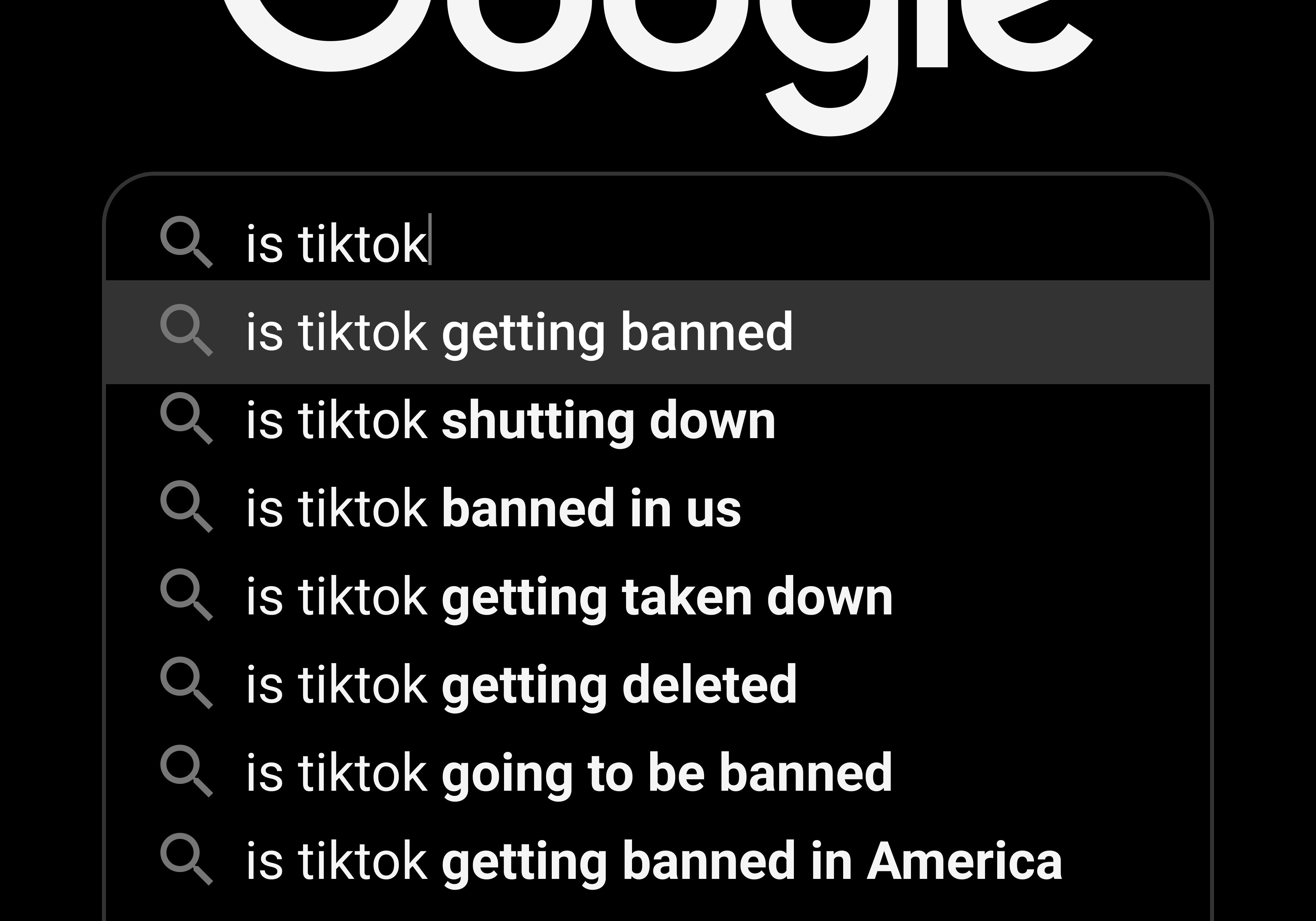United Airlines reduces daily flight operations by 35 at Newark airport due to air traffic controller insufficiency.
Revamped Article:
Air Traffic Control Chaos Hits Newark Airport: United Airlines Slashes Flights, Blames FAA
Looks like travelers heading to or from Newark Liberty International Airport faced a rough weekend due to air traffic control issues and staff shortages, a persistent problem United Airlines says the Trump administration promised to solve.
All week, New York City's bustling airport has seen chaos, with flight delays, cancellations, and diversions causing misery for passengers. United Airlines claims that the technology used to manage planes at the New Jersey airport has malfunctioned multiple times recently, and the flight disruptions were exacerbated by over one-fifth of Newark's traffic controllers calling in sick or leaving their posts[1][2].
In a letter to customers, United CEO Scott Kirby called out the Federal Aviation Administration for failing to address "long-simmering" challenges related to the air-traffic control system[1]. Kirby stated, "This particular air traffic control facility has been chronically understaffed for years, and without these controllers, it's now clear - and the FAA tells us - that Newark airport cannot handle the number of planes that are scheduled to operate there in the weeks and months ahead."
Airport status reports from the FAA revealed average delays of nearly two hours and some delays as long as five hours for flights scheduled to arrive at Newark on Saturday morning[1]. Departures were delayed by an average of 45 minutes[1]. By the afternoon, arriving flights were running more than three hours behind, while departing flights saw a shorter delay of about half an hour on average[1].
The impact of the Newark disruptions rippled through airports in major cities including Los Angeles, Atlanta, Chicago, Miami, Dallas, and others[1]. United, which operates the most flights out of Newark, cut 35 daily flights from its Newark schedule starting Saturday[1]. These cancellations equate to around 10% of the carrier's domestic schedule at the busy airport[1].
On Thursday, Newark Liberty International Airport warned travelers of possible delays due to both staffing issues and construction[1]. The Trump administration has been taking steps to address the nationwide air traffic controller shortage through a mix of incentives and modernization efforts:
1. Enhanced Recruitment & Retention ProgramsIn May 2025, U.S. Transportation Secretary Sean P. Duffy unveiled a package to "supercharge" recruitment and retention. This includes financial incentives for existing controllers to delay retirement and expedited hiring processes[1][2][3]. NATCA President Nick Daniels endorsed the measures as a "meaningful step" to address staffing shortages[1][2].
2. Legislative Push for ATC ModernizationThe administration supports a $15 billion congressional bill (reported April 30, 2025) to overhaul aging air traffic control systems and improve safety and efficiency[4]. President Trump emphasized the importance of replacing "obsolete equipment" to prevent accidents[4].
3. Workforce Expansion InitiativesThe new package appears focused on retaining experienced controllers alongside recruitment[1][3]. While not explicitly detailed in recent announcements, the administration has accelerated hiring timelines compared to previous years[5][1].
These efforts come amidst warnings about decades-long staffing declines in the air traffic controller workforce[5][1]. As uncertainty soars about the impact of President Donald Trump's trade war on the U.S. economy, airline customers are reconsidering their travel plans. United Airlines recently made the unusual move to offer two separate forecasts for its financial performance this year, depending on whether there will be a recession[1]. From Newark, United flies to 76 domestic cities and 81 international destinations[1].
misery map", maintained by flight tracking company FlightAware, showed the impact of the delays spreading to airports across the country[1]. The chaos at Newark serves as a reminder of the critical role air traffic controllers play in keeping our skies safe and flights running on time.
(Sources: AP, United Airlines, FAA, NATCA, and FlightAware)
[1] - https://www.apnews.com/article/business-ap-top-news-new-jersey-united-airlines-faa-438fbec08fc8f315eefb76ac380ae13f[2] - https://www.cnbc.com/2022/05/07/united-airlines-cuts-700-departures-as-staffing-issues-persist-at-newark-airport.html[3] – https://www.politico.com/news/2025/05/01/faa-hire-controller-shortage-527556[4] – https://www.wsj.com/articles/trump-administration-to-ask-congress-for-15-billion-to-modernize-air-traffic-control-systems-1492124632[5] – https://www.reuters.com/article/us-usa-air-traffic-controllers-staffing-idUSKBN19E2JT
- The ongoing staff shortages and technology malfunctions at Newark Airport's air traffic control system have led to traffic chaos, causing misery for travelers.
- United Airlines, the airport's busiest airline, has taken a hit, slashing approximately 10% of its daily flights due to the disruptions.
- TheTrump administration is taking steps to address the nationwide air traffic controller shortage, with an emphasis on recruitment and retention, modernization efforts, and workforce expansion.
- NATCA President Nick Daniels has endorsed the administration's measures as a meaningful step to address staffing shortages.
- The FAA reports average delays of nearly two hours, with some delays reaching as long as five hours, for flights arriving at Newark on Saturday morning.
- Seattle, Los Angeles, Atlanta, Chicago, Miami, Dallas, and other major cities have been affected by the Newark disruptions.
- The financial performance of United Airlines for the year is uncertain, with the company providing two separate forecasts depending on a potential recession.
- The ongoing issues at Newark Airport serve as a reminder of the critical role technology, air traffic controllers, and transportation play in maintaining both the safety and efficiency of the airline industry and the economy.







